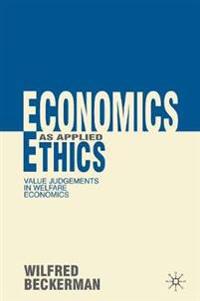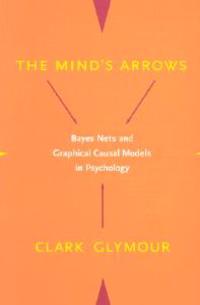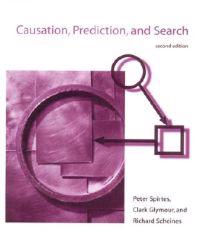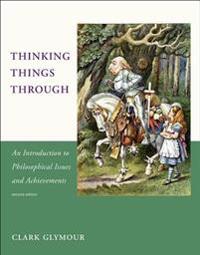Economics as Applied Ethics (Häftad)
avPeter Spirtes, Clark Glymour, Richard Scheines
ISBN: 9780230278370 - UTGIVEN: 201012The focus of this textbook is on the link between ethics and economic policy analysis. Basic philosophical concepts are systematically described, followed by conventional welfare economic theory and policy, and applications to some topical economic problems such as income distribution and sustainabl[...]
The Mind's Arrows (Inbunden)
avClark Glymour
ISBN: 9780262072205 - UTGIVEN: 2002-01In recent years, small groups of statisticians, computer scientists, and philosophers have developed an account of how partial causal knowledge can be used to compute the effect of actions and how causal relations can be learned, at least by computers. The representations used in the emerging theory[...]
Causation, Prediction and Search (Inbunden)
avPeter Spirtes, Clark Glymour, Richard Scheines
ISBN: 9780262194402 - UTGIVEN: 200103What assumptions and methods allow us to turn observations into causal knowledge, and how can even incomplete causal knowledge be used in planning and prediction to influence and control our environment? In this book Peter Spirtes, Clark Glymour, and Richard Scheines address these questions using th[...]
Thinking Things Through (Häftad)
avClark Glymour
ISBN: 9780262527200 - UTGIVEN: 2015-08Thinking Things Through offers a broad, historical, and rigorous introduction to the logical tradition in philosophy and its contemporary significance. It is unique among introductory philosophy texts in that it considers both the historical development and modern fruition of a few central questions[...]
Introduction to the Philosophy of Science (Pocket)
avMerrilee H. Salmon, John Earman, Clark Glymour
ISBN: 9780872204508 - UTGIVEN: 199903Prepared by nine distinguished philosophers and historians of science. Focuses on cultivating an understanding of both the workings of science and its historical and social context.[...]







